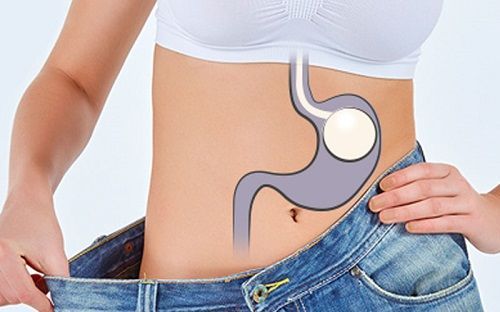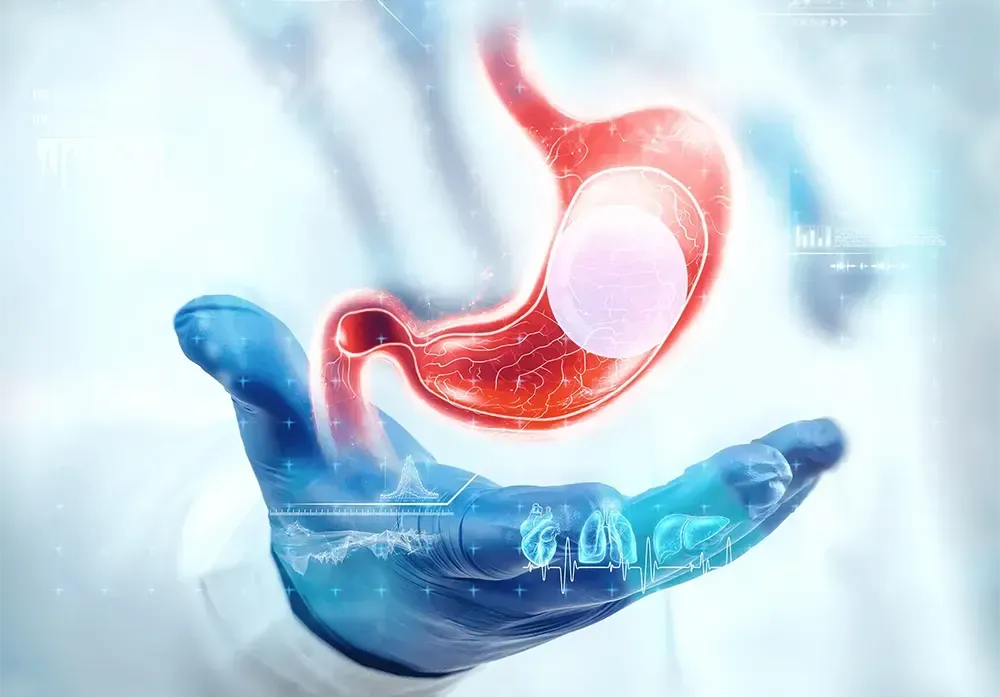Obesity in Adults: Behavioral Therapy & Weight Loss Clinics

Behavioral-based treatment programs, as well as weight loss clinics , improve weight loss results and are associated with improvements in obesity-associated morbidity. The US Preventive Services Task Force (USPSTF) recommends that all adults with a body mass index (BMI) ≥30 be offered intensive, multicomponent, behavioral interventions to achieve and maintain weight loss.
Behavior modification or behavior therapy is considered to be an essential component of managing the patient with overweight or obesity. Self-regulation includes a set of supportive behaviors that have been demonstrated to improve initiation and maintenance of a behavior change goal, such as:
- Goal setting
- Self-monitoring (keeping food diaries, regular weighing and activity records)
- Controlling or modifying the stimuli that activate eating
- Eating style (slowing down the eating process)
- Behavioral contracting and reinforcement
- Meal planning
- Cognitive restructuring
- Problem solving
These same elements of behavior change are recommended to maintain weight loss, especially physical activity and periodic weight monitoring.
A principal determinant of weight loss appears to be the degree of adherence to the chosen program. In addition, physical activity and self-monitoring are particularly important components for success.
- For patients who are overweight or obese and who are attempting to lose weight, our weight loss tips include programs that include behavior modification strategies. A high-intensity program (at least 12 sessions over six months) with frequent reinforcement is preferred.
- A principal determinant of weight loss appears to be the degree of adherence to the program. Thus, patient preference is an essential consideration when recommending any behavioral weight loss program. Some may prefer the convenience and possible lower cost of internet programs or mobile apps, while others may prefer the support provided by individual or group sessions.
- For patients who are overweight or obese and who have lost weight, we suggest that behavior modification strategies that target diet and physical activity be continued to minimize subsequent weight gain.
At Gastro SB clinic we urge our patients to keep their appointments with our registered San Diego Dietitian in order to accomplish their weight loss goals.
In our experience, the patients that see the dietitian and take their weight loss medications if needed, achieve more weight loss than non-complaint patients.
Source : Uptodate ®
Learn More About Weight Loss Procedures
Patient Education: Procedures for Weight Loss (The Basics)
Patient Education: Procedures for Weight Loss & Surgery (Beyond the Basics)
Procedures for Weight Loss . . . WE’RE IN IT TOGETHER
Patient Education: Health Risks of Obesity & Weight Loss Tips (The Basics)
Gastro SB Weight Loss Clinic: Medications Used for Weight Loss
Weight Loss Tips and Medications
Patient Education: Health Risks Of Obesity
Medications Used For Weight Loss
Weight Loss Surgery Options And Procedures
Procedures For Weight Loss Treatments
The post Obesity in Adults: Behavioral Therapy & Weight Loss Clinics appeared first on Gastro SB.










